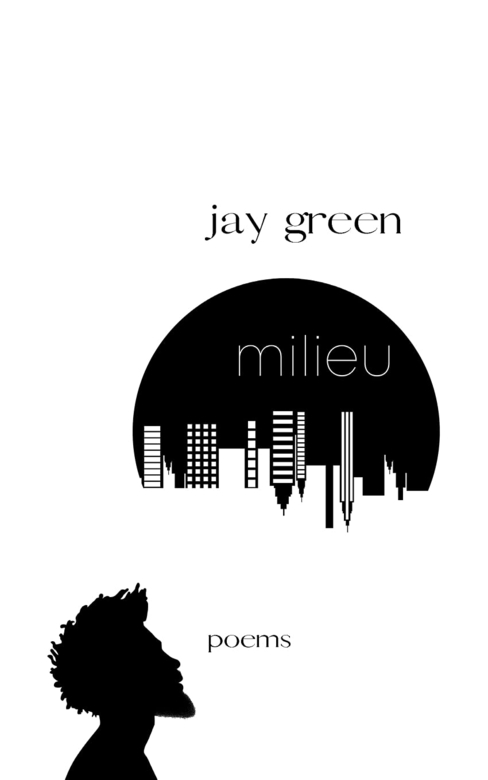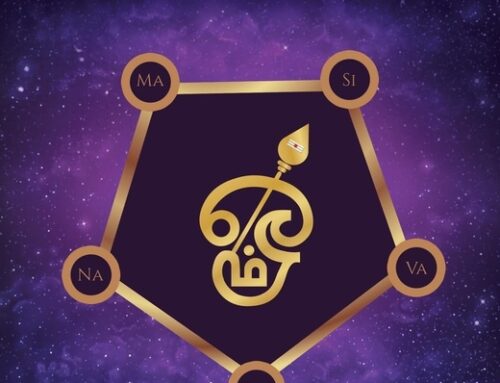
Twenty-three socially weighted poems become one strong stance on what it means to be a young man in America today, and furthermore, what it means to be a Black man, in Jay Green’s emotive Milieu. This essential part of Green’s identity must be highlighted in the turbulent times in which we live, and his personal experience informs his work to a powerful degree.
In this sharply tuned collection, the poems are varied in form, mostly strong, and very rhythmic. The opening work, “Mortal Games,” channels Ralph Ellison’s work such as Invisible Man, as the rich tapestry of Green’s words seems to fly off the page in demanding chunks, imploring the reader to pay attention. At times, Green takes on the Beat style, such as in “broken” – one of the strongest pieces here, Green is aiming his short pops of narrative at those who oppress, who are casually racist, those who do not listen or think, and like other poems here, lends itself to a spoken word outing. These poems beg to be heard, as well as read.
Sometimes, the poems suggest rather than tell, with words becoming thoughts wrapped in action. Green knows how to leave space in the work for the reader to draw their own conclusions, phrasing left open to interpretation, as in the visionary piece, “notes from gaia,” where the feminine energy seeps into the masculine, seeking respite. These poems are not just about the problems around us, but also about relationships and cultural contexts. The title of this collection is clever: not only is this work about Green’s milieu, his immediate environment, but all of us living on the planet at this particular moment.
What’s surprising, despite the brutal observations and panning of the American attitude to issues close to Green’s heart – race, class, Black Lives Matter, gun control, city life, society’s blind eye – is the collection is a patriotic book woven through with hope for a better United States. Green is clearly proud of the land that is the USA, and he fully embraces its legacy for better or worse. Like his contemporary Amanda Gorman, Green is ready to be part of the future and mentions with love the land where he grew up, despite the continuing tragedies around him. Race equality is an illusion, and community change is slow or absent, but there is still the potential for change.
The criticisms are few but are mostly around the presentation. This work genuinely deserves a hearty full-color cover, with images to represent better the contents of the book. The fonts change here and there, which is firstly a nice touch, but then becomes rather distracting. The words are good enough to stand for themselves, and Green should be confident in them enough to showcase his work in a stronger format.
This small issue aside, Jay Green is a promising up-and-coming talent in contemporary American poetry, and will certainly make a name for himself if this is the quality of work he produces so early in his career.
Book Links
STAR RATING
Design
Content
Editing
Get an Editorial Review | Get Amazon Sales & Reviews | Get Edited | Publish Your Book | Enter the SPR Book Awards | Other Marketing Services























Leave A Comment